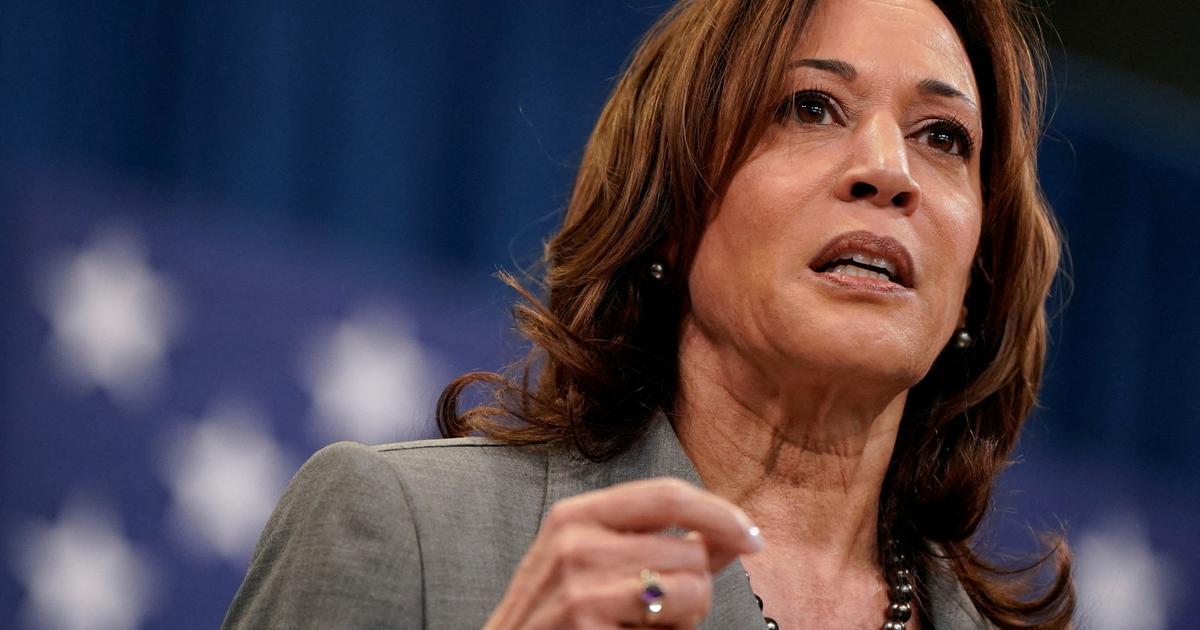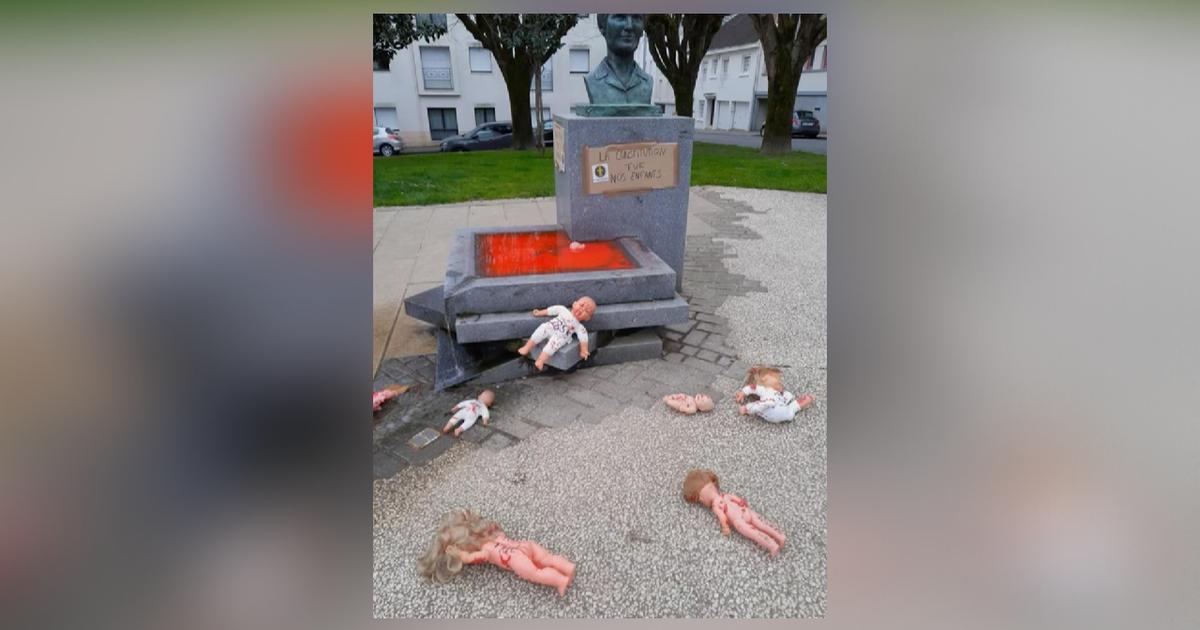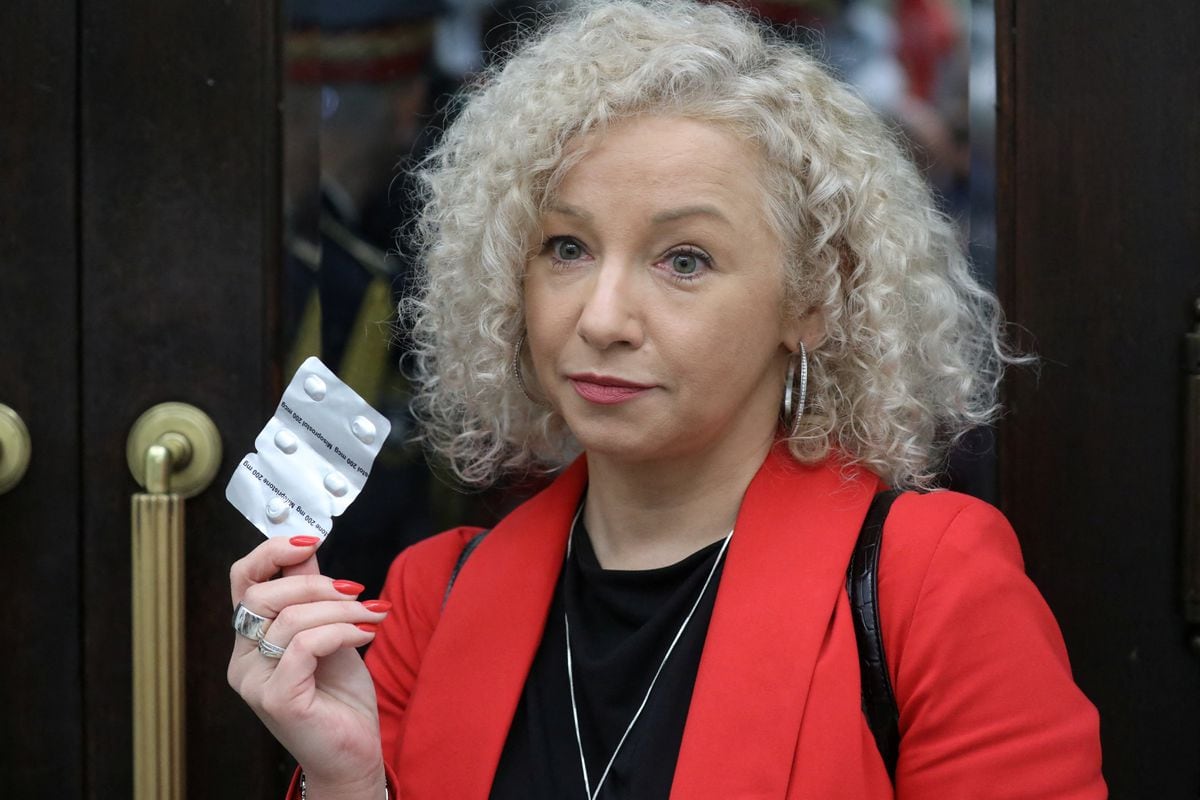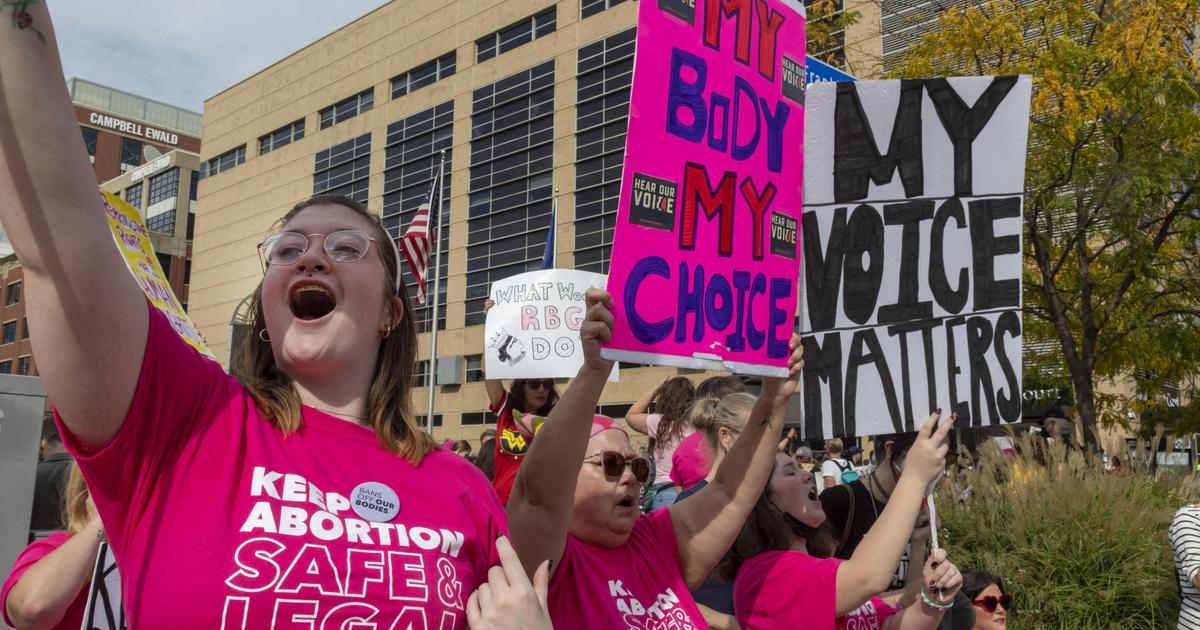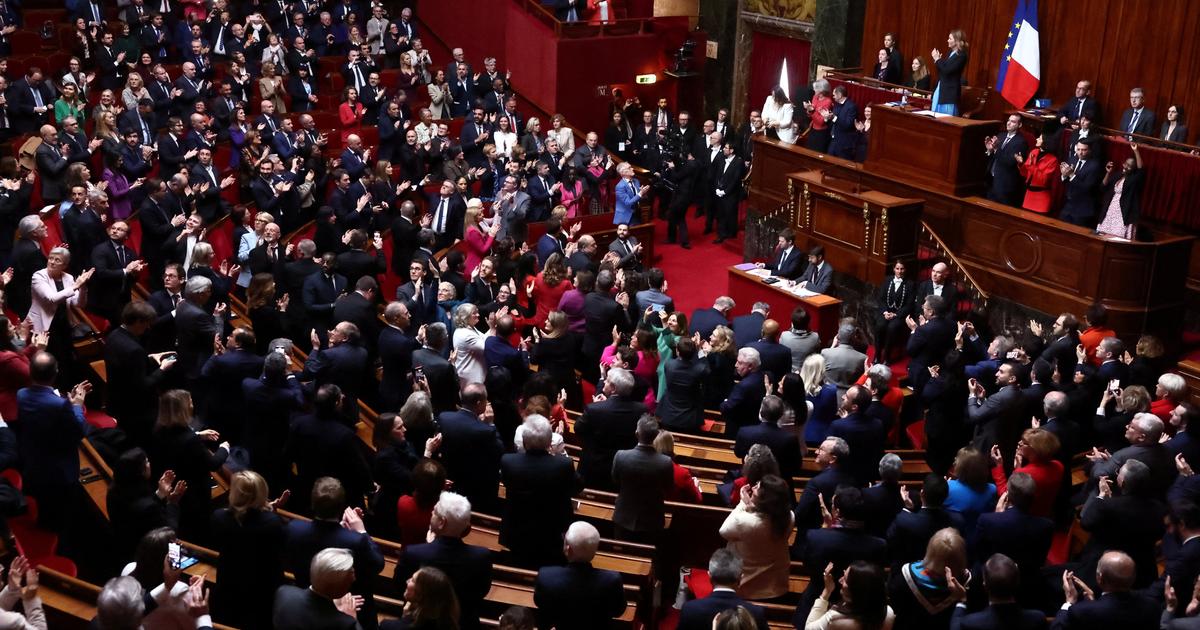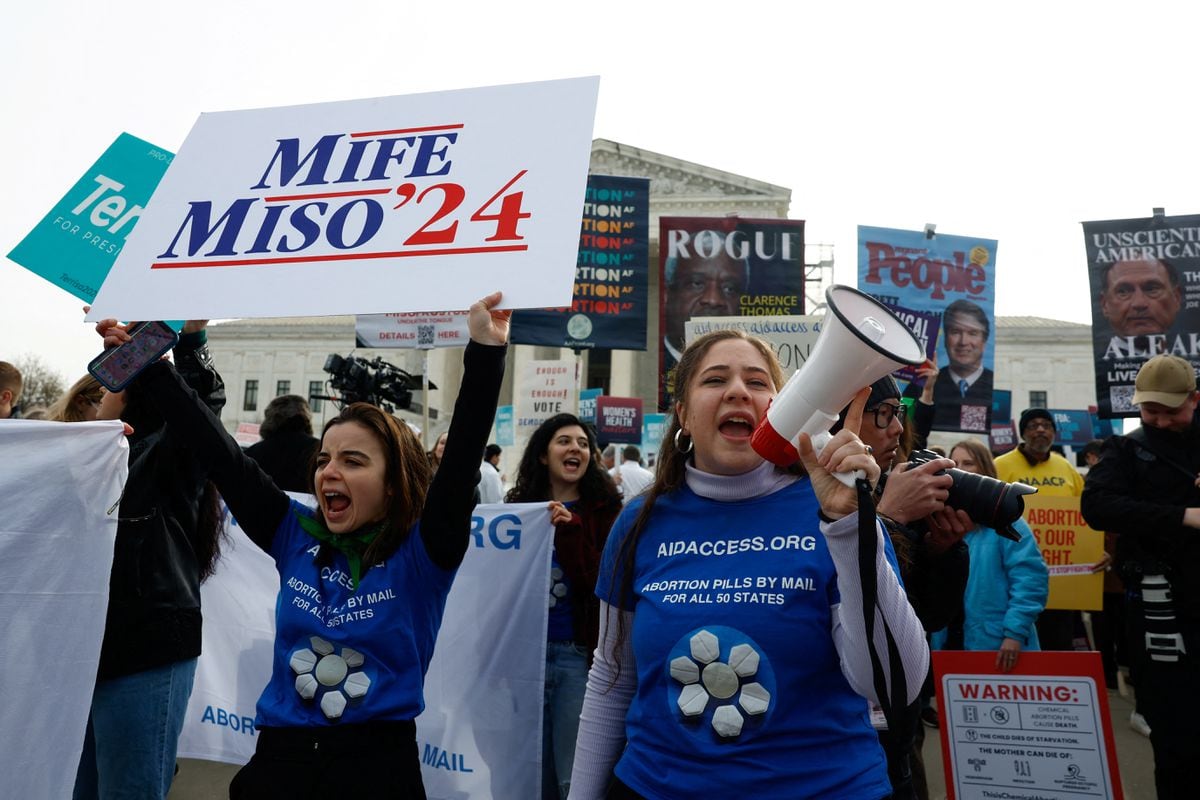A group of people in favor of the legalization of abortion, in Bogotá last March. Mauricio Dueñas Castañeda (EFE)
The year 2022 was the year of political change and the first times in Colombia.
The first left-wing government in the modern history of the country came to power thanks to the victory of Gustavo Petro in the June presidential elections.
The vice president, in addition, is for the first time a black woman.
The political turnaround marked the year in all directions.
The reforms put in place, from total peace to agrarian reform, will have to materialize this 2023, the year that will surely mark the fate of Petro's mandate after these months of honeymoon.
In 2022 Colombia also made history by decriminalizing abortion until week 24 and it was the year in which women's soccer displaced men's soccer for the first time.
This is a review of the highlights of the last 12 months.
A leftist government
Colombia wanted a political change after two decades marked by former president Álvaro Uribe, godfather of the last two presidents.
In the second round of this year's presidential elections came the leftist Gustavo Petro and Rodolfo Hernández, a millionaire businessman who with a populist discourse ousted all the traditional parties.
In a conservative society like Colombia, Petro was for many the closest thing to the antichrist, which gave Hernández all the votes of those who would never support the ex-guerrilla.
Either of the two was a political turnaround, but the unpredictability of the engineer, Trumpist-style, came to turn Petro in the final stretch of the campaign into the sensible change.
The left won the elections in June.
In his first months, the president managed to overcome resistance with a very diverse government, with ministers from different sectors and with political experience.
This year he too has garnered a majority in Congress that seemed unlikely.
Thus, he managed to carry out the tax reform in record time.
He also closed a historic agreement with the powerful cattle union for the purchase of land, the basis of the agrarian reform.
He has many other fronts underway and a world economic crisis that endangers his reformist zeal.
Next year will be key.
An Afro Vice President
Francia Márquez, Colombia's first black vice president, has become a global symbol.
During the electoral campaign, she managed to win over many left-wing voters and her result in the primaries forced the then candidate Petro to take her as number two, although it is known that this was not her intention.
Her life story is the life story of the marginalized in a country marked by centralism, classism and racism.
Márquez was born poor, black and a woman in Cauca, one of the departments that has suffered the most from violence and state neglect.
As vice president and as the country's first minister of Equality, she has already made history, from now on she needs her figure to be more than a symbol.
Legal abortion up to week 24
Every year some 400 Colombians face justice for abortion.
Thousands more went to clandestine clinics with enormous risks to their health and lives.
A group of feminist organizations asked the Constitutional Court two years ago to put an end to that list and remove the crime of abortion from the penal code.
The ruling, after several delays, was announced this February.
The magistrates decriminalized the interruption of pregnancy until week 24 and made Colombia the country in Latin America with the broadest sexual and reproductive rights.
A new relationship with Venezuela
The reestablishment of relations with Venezuela was one of the first gestures made by the new Colombian government.
Neighboring countries had been in political clashes for six years.
The relationship had been broken in 2019 during the Government of Iván Duque.
The relaunch of diplomatic relations and the reopening of the border in September marked a new beginning, but it is not expected to be an easy path.
Gustavo Petro visited Nicolás Maduro in Caracas at the end of October, in a meeting that turned out to be somewhat cold.
Chavismo is going with lead feet in its attempt to open after years of international ostracism and although Petro has been the first to throw the lifeline at it, he also marks the distances.
The peace process with the ELN
One of the achievements of the government of Gustavo Petro has been to seat the ELN, the last active guerrilla in Latin America, at a negotiating table.
The idea is to continue the process that President Juan Manuel Santos began and broke down during the term of Iván Duque (2018-2022).
Petro wants to sign peace with the ELN to end a conflict that has been going on for more than 50 years, but so far none of the five presidents who have tried has succeeded.
The process began last November in Caracas, although the next round of dialogue will move to Mexico this January.
The president has among his objectives to achieve total peace in the country, an idea that seeks to end through different types of negotiation with all types of violence, from criminal gangs, to FARC dissidents or drug traffickers.
Farewell to Taylor Hawkins
On March 25, everything was ready on the main stage of the Estereo Picnic to receive the Foo Fighters.
There were only a few hours left when a piece of news silenced this festival that takes place on the outskirts of Bogotá.
A message from the group on Twitter had just announced the death of their drummer, Taylor Hawkins, one of the most brilliant musicians of a generation.
The musician was 50 years old and was staying at the Casa Medina hotel in the Colombian capital, where he lost his life.
Hundreds of followers filled the surroundings of the building that night with flowers and their songs.
The news went around the world in minutes.
The following day, the Prosecutor's Office made public that the toxicological test carried out on the corpse through urine revealed that he had consumed 10 types of substances, including marijuana, antidepressants,
The year of women's football
Colombia began the year saying goodbye to the World Cup in Qatar, in a kind of national depression.
But the country's soccer joy came from the most unexpected place.
The ignored and minority women's soccer was placed at the center of the conversation in the month of October.
The U-17 women's team starred in Colombia's first World Cup final.
Although they were runners-up after losing to Spain (0-1), the players earned the respect of the entire country.
The match was followed even from the streets on giant screens and people began to know all the players by name.
In Colombia they were received as if they were the champions.
One of them, Linda Caicedo, was even awarded as the best young player of the year by the International Federation of History and Statistics.
The dollar at 5,000 pesos
On the first Tuesday of November, the dollar broke the barrier of 5,000 pesos, its all-time high.
The rise in the US currency has become one of the favorite topics of conversation -and discussion- among Colombians in recent months.
Many sectors hold the Government responsible for the devaluation due to the approval of the tax reform and its messages on hydrocarbons, while the Executive defends that the strengthening of the dollar is not an issue that affects only Colombia.
endless rains
Colombia has suffered this year the worst rainy season in more than a decade.
Landslides, floods and river floods have left more than 200 dead, 50 missing and thousands homeless throughout the country.
The Government announced in November a game of 2.1 trillion pesos (414 million dollars) to address the climate emergency.
The final report of the Truth Commission
Four years after beginning its work, the Truth Commission, chaired by the Jesuit Francisco de Roux, delivered its final report.
A document to shed light on the conflict that Colombia suffered for more than half a century.
There is not a Colombian who has not been traversed by violence in some way after more than 260,000 deaths, seven million displaced persons, and tens of thousands of disappearances.
The final report, although it is not judicial or binding in nature, aims to open a debate to reflect on what happened and prevent it from happening again.
The presentation of the report, two days after the elections, was marked by the absence of President Iván Duque, on a trip to Europe.
Subscribe here
to the EL PAÍS newsletter on Colombia and receive all the latest information on the country.



